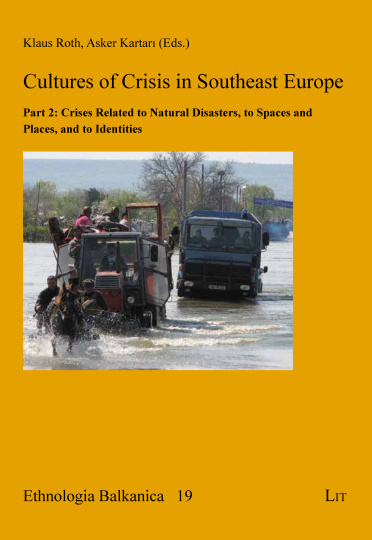Changing Names: a Way to Cope with Identity Issues in Times of Crisis
Changing Names: a Way to Cope with Identity Issues in Times of Crisis
The Ottoman Legacy in Croatia & Bosnia and Herzegovina
Author(s): Dunja BrozovićSubject(s): Cultural Anthropology / Ethnology, Culture and social structure
Published by: LIT Verlag
Keywords: Croatia; Bosnia and Herzegovina; Ottoman Empire; place names; personal names;
Summary/Abstract: Given the fact that, in most societies, names most directly reveal the identity of their bearers, the custom of name changes has been a relatively simple answer to sudden and often violent social changes in certain historical periods. This naturally applies to the territory of present day Croatia and Bosnia and Herzegovina, as well as to other countries in Southeast Europe. The Turkish Ottoman conquest in the Balkans in the late14th and the 15th centuries left a permanent mark on Croatian social structure and its naming practices. Newly established Turkish rule over a large part of Croatian territory and over the entirety of Bosnia left an indelible trace in the Croatian lexicon, and significantly shaped the structure of Croatian and Bosnian anthroponymy.
Journal: Ethnologia Balkanica
- Issue Year: 2016
- Issue No: 19
- Page Range: 239-255
- Page Count: 17
- Language: English
- Content File-PDF

